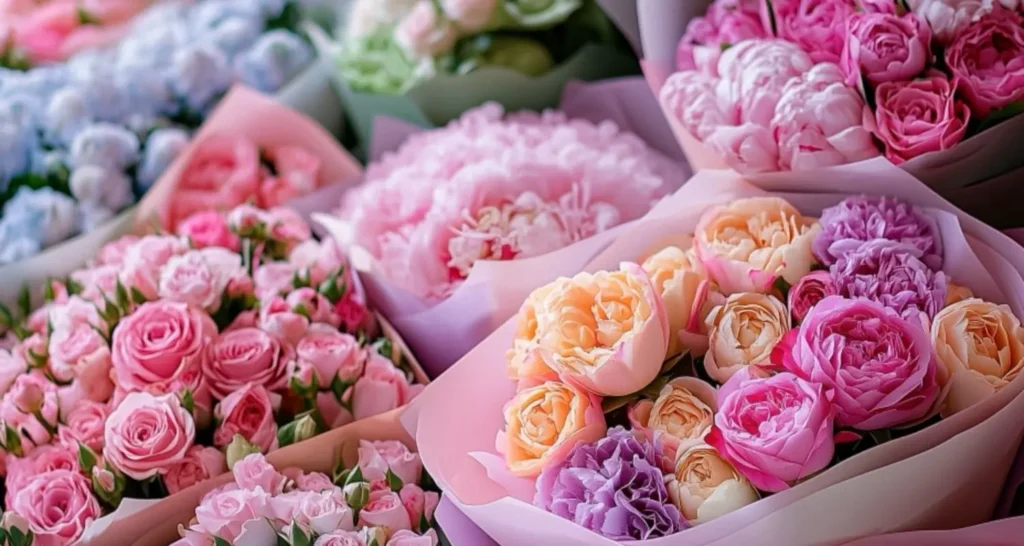MIAMI — With Valentine’s Day approaching, there’s no need for panic over a shortage of flowers, thanks to the tireless efforts of agricultural specialists at Miami International Airport. According to U.S. Customs and Border Protection, about 940 million stems of fresh-cut flowers have been processed in the weeks leading up to Feb. 14. Miami is the primary hub for the U.S. flower market, with around 90% of the fresh-cut flowers destined for Valentine’s Day sales entering through the airport. The remaining 10% typically arrive through Los Angeles.
Flowers Arriving from Colombia and Ecuador
The airport sees an influx of a wide variety of blooms, including roses, carnations, pompons, hydrangeas, chrysanthemums, and gypsophila. These flowers travel on hundreds of flights, primarily from Colombia and Ecuador, to be distributed across the U.S. and Canada.
Avianca Cargo: Miami’s Largest Flower Importer
Avianca Cargo, based in Medellín, Colombia, is Miami’s largest flower importer. Over the past three weeks, the company has transported about 18,000 tons of flowers through 300 full cargo flights, as stated by senior vice president Diogo Elias at a news conference last week.
“We transport flowers all year round, but during the Valentine’s season, we more than double our capacity to meet the heightened demand,” said Elias.
Flower Imports Remain a Key Industry for Miami
Flowers continue to be one of the largest imports at Miami International Airport, as highlighted by Miami-Dade Chief Operations Officer Jimmy Morales. Last year, the airport handled over 3 million tons of cargo, with flowers accounting for nearly 400,000 tons, valued at over $1.6 billion.
“In January and February alone, we receive 1,500 tons of flowers daily, totaling 90,000 tons worth $450 million,” Morales added.
🎁Get Your Valentine’s Day Gifts Here!

The Role of U.S. Customs and Border Protection
For U.S. Customs and Border Protection, checking the flower shipments is a crucial job. Agriculture specialists inspect the bundles for any harmful plant pests, diseases, or foreign animal species that could pose a threat to the country’s agriculture.
“Invasive species have caused $120 billion in annual economic and environmental damage to the United States, affecting the yield and quality of the American agricultural industry,” said MIA port director Daniel Alonso.
Trade Disputes and the Future of Colombian Flowers
Recently, there was concern about potential trade disruptions with Colombia’s flower industry. Former President Donald Trump had threatened a 25% tariff on Colombian flowers as part of a larger dispute over flights carrying deported immigrants. However, the conflict subsided in late January after Colombia agreed to accept these deportation flights.
Though officials at the news conference chose not to comment on political matters or tariffs, the flower trade continues to thrive in Miami, ensuring that this Valentine’s Day, love will be well-represented by fresh blooms.
Stay Tuned With NarwhatTv for more!






